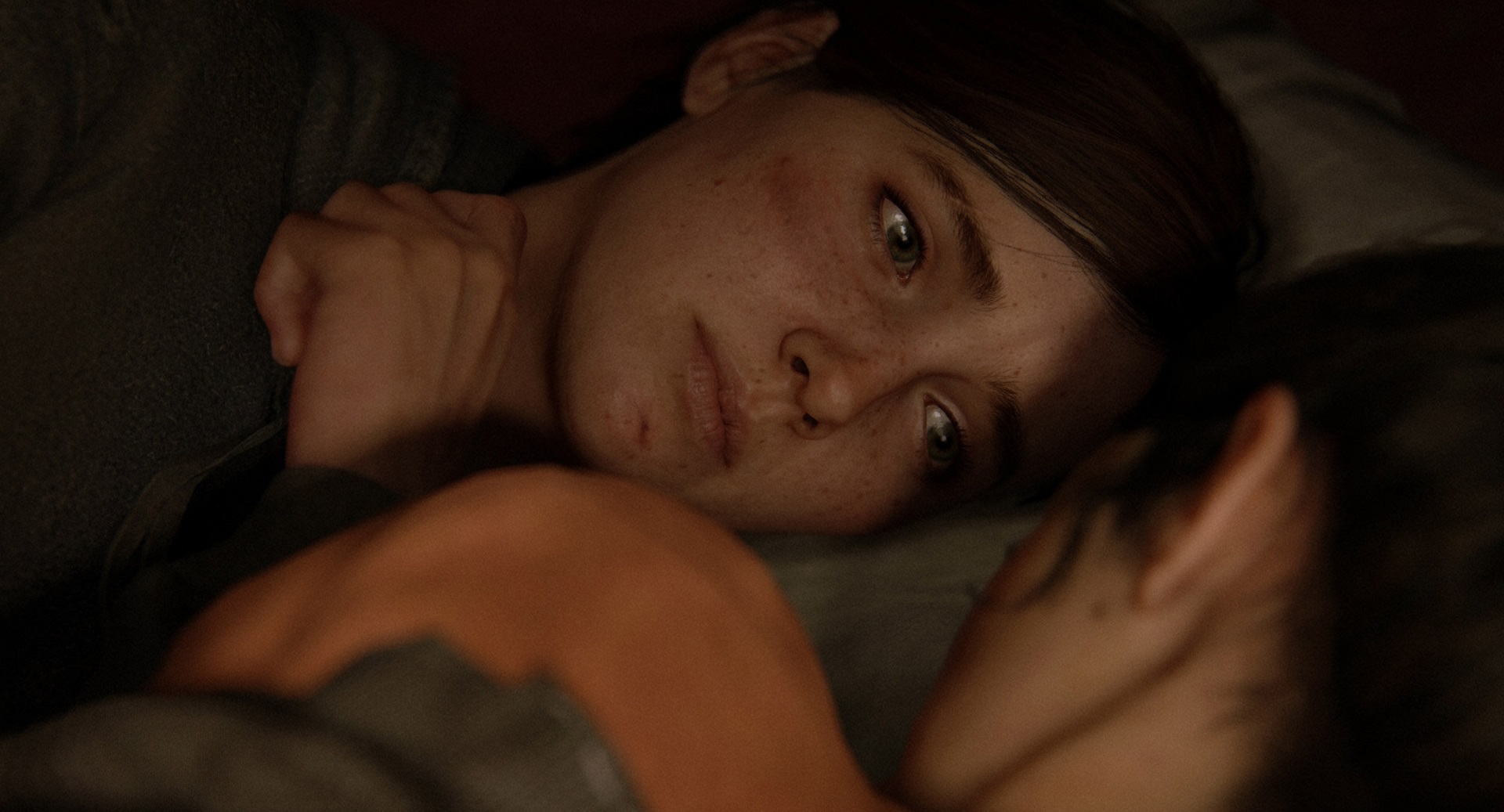The seven-year wait for a sequel ended in June and on the face it, the game managed to meet sky-high expectations. Critics, on the whole, praised TLOU2’s sterling exploration of violence and grief. It’s a marvel that as a video game, pondering players’ agency and challenging them to consider the violence they carry out in the name of their virtual avatars. That was reflected in sales – it sold four million copies in its first week during a blockbuster-less summer.
But that is just half the story – it is certainly ironic that the theme for TLOU2 is rage. That is exactly what it has incited.
As I return to a muted-words-free social media existence, developer Naughty Dog released a statement “condemning any form of harassment or threats directed towards [their] team and cast”. The response came after the game’s director Neil Druckmann, an Israeli-American, shared shocking screenshots of the “vile, hateful and violent” anti-Semitic abuse he has received.
Meanwhile Laura Bailey, who plays new character Abby, also highlighted death threats she had been subjected to since the game’s release. This was triggered by events in May when scenes from the game leaked online and – there is no way around it, I’ll have to spoil the early part of the game – showed Joel being brutally killed by Abby. The series’ star character is mercilessly offed by a muscle-bound woman who players later control for long periods of the game.
The culture war has been brewing since then and TLOU2’s diverse cast has incited even more anger – the game stars two women, one of whom is in a same-sex relationship, while there is also a transgender character. In the triple-A video game world where a white man with a gun is often the poster-boy, Naughty Dog are doing things differently and a vocal minority sees it as a threat.
Advertising helps fund Big Issue’s mission to end poverty
Gaming may be the fastest growing entertainment medium – analysts Newzoo estimate that there are 2.7 billion gamers globally and the industry is worth £127bn – and that is bringing in new voices, new creators and new stories told in new ways. We’re a long way from Pac-Man and Pong – take Life is Strange 2’s portrayal of homelessness, for another example. It’s exciting but it’s leaving people behind.
That’s why they’re lashing out with threats, bile and any other tactic they can muster. The game was ‘review-bombed’ – where users who often haven’t even played the game swarm review sites to crash a game’s rating. Click through the Metacritic user reviews and you’ll see claims of “Poor writing and politics don’t belong in video game” from jzyk93’s 0/10 summation or Octavio89’s comparison to 2017’s divisive Star Wars: The Last Jedi.
The similarities are clear: that film, too, featured a diverse cast and incited a furious backlash, resulting in American-Asian actress Kelly Marie Tran, who played new character Rose, quitting social media following an onslaught of online abuse.
And that film was ‘review-bombed’. Take a look at Metacritic’s reviews and you’ll see the same bleating about “poor writing and politics”. Are these genuine complaints or thinly-veiled bigotry? I know where I sit on that.
While the online discourse wrestles with who has ownership of these made-up characters, what can be done to crack down on this tired toxic parade?
Social media companies could certainly improve their policing to curb the abuse but we can combat the toxicity by letting the creators know that we value their work, especially during these unprecedented times. No one deserves a death threat for making a video game.
Advertising helps fund Big Issue’s mission to end poverty
And it is also down to us to vote with our wallets and stand up for artistic projects that champion diversity, like The Last of Us Part II, even in the face of hostility.
Only then will all our stories be told, not just tales of the select few in our society.
The Last of Us Part II is out now on PlayStation 4
Image: Sony









